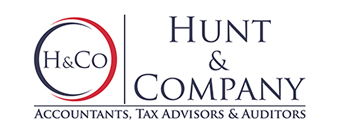Whilst the same payment rates also apply to qualifying entities that have nominated an eligible business participant, the test to determine whether the higher rate or the lower rate applies is based on the hours of active engagement in the entity’s business.
This will require a consideration of the hours that the business participant was actively operating the business or undertaking specific tasks in business development and planning, regulatory compliance or similar activities in the applicable reference period.
As business participants are not employees, reference periods for business participants are not based on pay cycles, rather, the standard reference period is the calendar month of February 2020. The Commissioner also has the power to set an alternative reference period where the month of February 2020 is not an appropriate reference period for the business participant.
From 28 September 2020, qualifying entities are entitled to the higher rate of JKP in respect of an eligible business participant if:
- the total hours of active engagement by the business participant in the business of the entity over any applicable reference period (i.e., generally February 2020) were 80 hours or more; and
- the business participant has made a declaration in the approved form to the entity (or the Commissioner, if the business participant is a sole trader) that their total hours of active engagement are 80 hours or more for the applicable reference period.
Conversely, the lower rate of JKP will apply in respect of an eligible business participant if they have less than 80 hours of active engagement in the business or they do not provide a declaration to the entity (regardless of the hours of active engagement).
TAX WARNING – Onus to provide evidence of active engagement
Importantly, entities and business participants must be in a position to reasonably demonstrate the basis on which they have determined that a business participant was actively engaged in the business for the required number of hours in the month of February 2020.
Source: National Taxation & Accountants’ Association : September 2020
